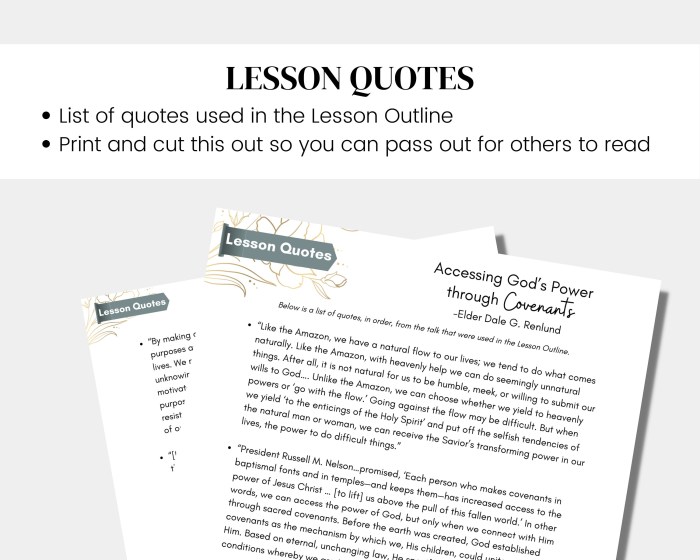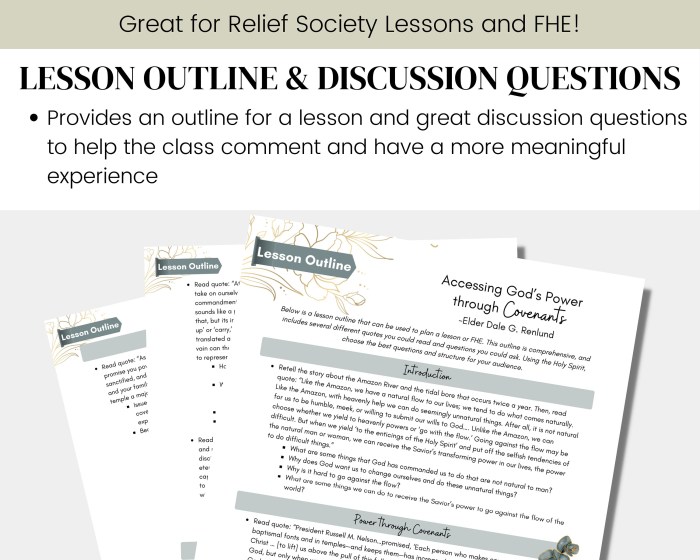Accessing gods power through covenants – Accessing divine power through covenants sets the stage for this enthralling narrative, offering readers a glimpse into a story that is rich in detail and brimming with originality from the outset. The concept of covenants, their significance, and the process of establishing them form the cornerstone of this exploration, providing a comprehensive understanding of how individuals can harness divine power to achieve spiritual growth, overcome challenges, and manifest their desires.
Covenants, as sacred agreements between individuals and deities, have played a pivotal role in various religious traditions throughout history. They empower individuals with the ability to connect with divine forces, access guidance, and receive protection. This exploration delves into the different types of covenants, their specific implications, and the responsibilities that come with entering into such agreements.
Covenants and their Significance: Accessing Gods Power Through Covenants

Covenants are sacred agreements between individuals and deities or divine forces. They serve as a conduit for accessing divine power, fostering spiritual growth, and shaping human destiny. Covenants establish a reciprocal relationship, where individuals commit to upholding certain obligations in exchange for divine blessings and guidance.
Covenants vary across religious traditions, but they share common elements: they involve a commitment to specific beliefs, practices, or behaviors; they entail rituals or ceremonies to formalize the agreement; and they carry both benefits and responsibilities for the covenant keepers.
The Process of Establishing Covenants, Accessing gods power through covenants
Establishing a covenant typically involves a deliberate and solemn process:
- Initiation:Individuals express their desire to enter into a covenant, often through prayer, meditation, or specific rituals.
- Negotiation:The terms of the covenant are discussed and agreed upon, outlining the obligations and expectations of both parties.
- Ritual or Ceremony:A formal ritual or ceremony is performed to seal the covenant, often involving symbolic gestures, vows, and invocations.
- Acceptance:The deity or divine force accepts the covenant and grants its blessings or guidance to the covenant keepers.
The Benefits of Accessing Divine Power
Covenants provide numerous benefits to those who enter into them:
- Spiritual Growth:Covenants foster spiritual growth by providing a framework for personal development, discipline, and self-reflection.
- Divine Guidance:Covenant keepers receive guidance, protection, and support from their deities, empowering them to navigate life’s challenges.
- Manifestation of Desires:Covenants can serve as a catalyst for manifesting desires, as they align individuals with their divine purpose and provide access to spiritual energy.
- Community and Belonging:Covenants create a sense of community and belonging among covenant keepers, fostering support and shared experiences.
The Responsibilities of Covenant Keepers
Covenants come with significant responsibilities:
- Faithfulness:Covenant keepers are expected to remain faithful to their vows and uphold the terms of the covenant.
- Obedience:Obedience to divine commandments and teachings is essential for maintaining the covenant.
- Integrity:Covenant keepers must live with integrity and align their actions with their spiritual beliefs.
- Accountability:Covenant keepers are accountable for their actions and must answer to their deities or divine forces for any breaches of the covenant.
Historical and Cultural Perspectives on Covenants
Covenants have played a pivotal role in various cultures and religions throughout history:
- Ancient Near East:Covenants were central to the religious practices of ancient Mesopotamia, Canaan, and Israel, establishing relationships between deities and their followers.
- Judaism:The covenant between God and the Israelites, as described in the Torah, forms the foundation of Jewish faith and identity.
- Christianity:The New Testament emphasizes the covenant of grace established by Jesus Christ, offering salvation and redemption to those who believe.
- Islam:The covenant between Allah and the Prophet Muhammad, known as the “mithaq,” is considered the basis of the Islamic faith.
Contemporary Applications of Covenants
Covenants continue to be used in contemporary spiritual practices:
- Personal Growth:Covenants are employed for personal growth and transformation, fostering self-awareness, healing, and empowerment.
- Community Building:Covenants can create a sense of community and shared purpose among like-minded individuals.
- Spiritual Healing:Covenants are used in healing practices, providing a framework for spiritual support and guidance.
- Modern Witchcraft:Covenants are a central aspect of modern witchcraft traditions, establishing relationships between practitioners and deities or divine forces.
Popular Questions
What are the different types of covenants?
Covenants can vary depending on the religious tradition and the specific deity involved. Some common types include personal covenants, community covenants, and generational covenants.
What are the benefits of accessing divine power through covenants?
Accessing divine power through covenants offers numerous benefits, including spiritual growth, overcoming challenges, manifesting desires, and receiving guidance and protection.
What are the responsibilities of those who enter into covenants?
Individuals who enter into covenants have the responsibility to be faithful, obedient, and maintain integrity in upholding the terms of the agreement.
What are the consequences of breaking a covenant?
Breaking a covenant can have serious consequences, including loss of divine favor, spiritual setbacks, and potential karmic repercussions.

